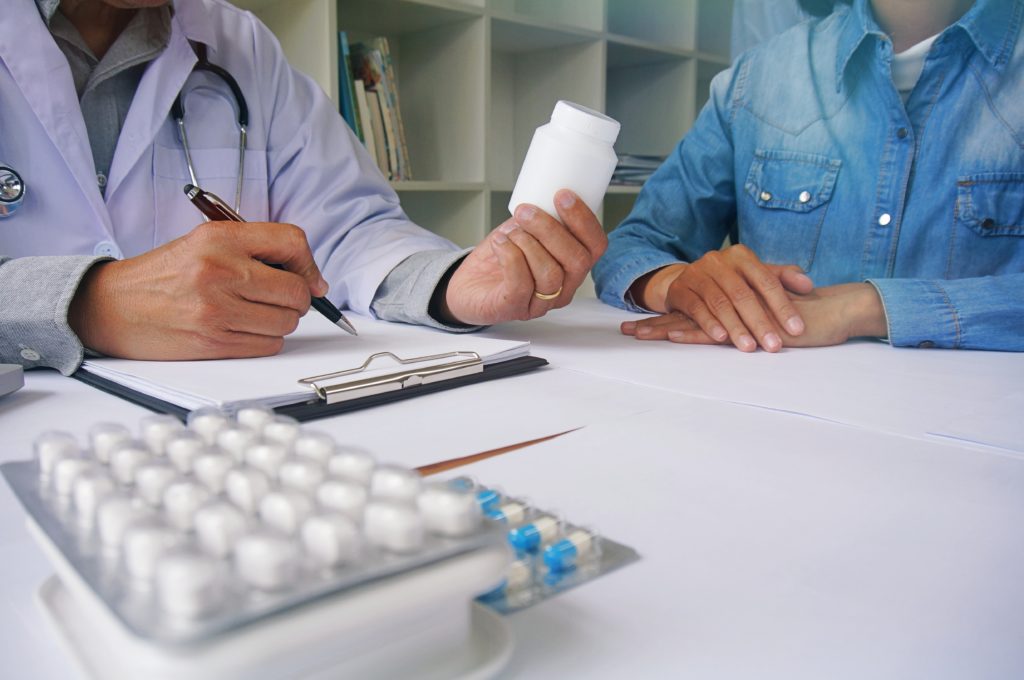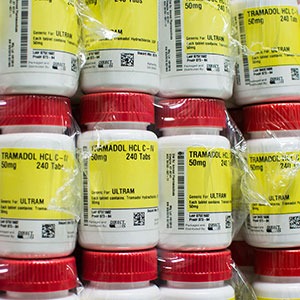Drug overdose happens when you take a drug in higher quantities than recommended. This may result in organ damage and even death. Physicians play a great role in ensuring that their patients do not overdose on drugs, especially prescription drugs
Using pharmaceutical repackaging services like DirectRx makes it easier to track your patient’s adherence to medication through the onsite dispensary service. Learn more about the DirectRx facility in this article.
Drug overdose in numbers
In the United States, the number of deaths attributed to drug overdose is on the rise. In fact, drug overdose-related deaths even exceeded the number of deaths caused by firearms, homicides, car accidents, and HIV/AIDS in recent years. In 2016 alone, approximately 64,000 Americans died of a drug overdose.
Signs and symptoms of a drug overdose
Drug overdose can be accidental (taking the wrong medication or the wrong dosage) or intentional (taking a drug in large amounts to achieve a desired effect)
Generally, a person who overdosed on a certain medicine would suffer the side effects of the drug to a more pronounced level. The signs and symptoms may include the following:
- Abnormal vital signs
The pulse rate, respiratory rate, temperature, and blood pressure can be decreased, increased, or absent. The patient’s vital signals measure the basic functions of the body. Abnormalities in the vital signs of a drug overdose patient can be life-threatening
- Changes in the level of consciousness
The patient can be in various states of consciousness: sleepy, confused, restless, or comatose. This is attributed to the low amount of oxygen being delivered to the brain. If not treated promptly, the patient could suffer from brain damage.
- Chest pains
Chest pains can be due to lung or heart damage. The patient could also suffer from shortness of breath.
- The skin may look flushed or pale, sweaty or cool, hot or dry.
- Gastrointestinal problems
GI problems may also manifest in the form of abdominal pain, diarrhea, and nausea. The presence of blood in the vomitus or stool is a dangerous sign.
- Specific organ damage
Damage of specific organs can also happen, depending on the drug. For instance, overdosing on hepatotoxic or nephrotoxic medicines can result in liver and kidney damage, respectively.
How onsite dispensary can prevent a drug overdose
In 2016, there were 63,000 deaths related to overdose on prescription opioids. Opioid, a drug given to manage severe and chronic pain, remains one of the most abused prescription drugs in the United States.
Moreover, counterfeit drugs that are being sold at cheaper prices can lead to drug overdose, as in the case of a young adult patient who unintentionally overdosed on opioid after taking a counterfeit version of Xanax (a medicine for panic and anxiety disorders).
Through in-office dispensing services like DirectRx, health care providers can closely monitor their patient’s medication compliance. This can help prevent accidental drug overdose by ensuring that the patient will be given the right, FDA-approved medication in its correct form and dosage. Patients are also assured that the drug they’ll be getting from the point-of-care is genuine and not counterfeit.
Learn more about DirectRx in-office dispensing program
DirectRx is a DEA- and FDA-approved pharmaceutical repackaging facility that makes medication dispensing and point-of-care medication programs possible for licensed healthcare providers. Our dispensing program includes the prepackaging, labeling, and distribution of dispense-ready, FDA-approved medications in unit-of-use quantities requested by the physician. We follow a rigorous 20-step quality control check to ensure the purity, quality, safety, and traceability of over 2,000 commonly prescribed medicines in various medication classes. For more information and inquiries, contact us or call us at 678-619-5510.
The material contained on this site is for informational purposes only and DOES NOT CONSTITUTE THE PROVIDING OF MEDICAL ADVICE, and is not intended to be a substitute for independent professional medical judgment, advice, diagnosis, or treatment. Always seek the advice of your physician or other qualified healthcare providers with any questions or concerns you may have regarding your health.




